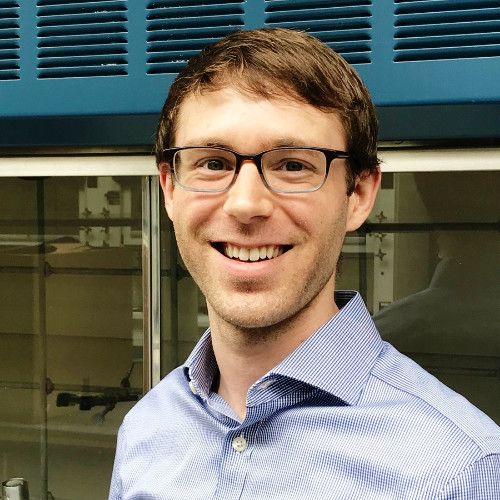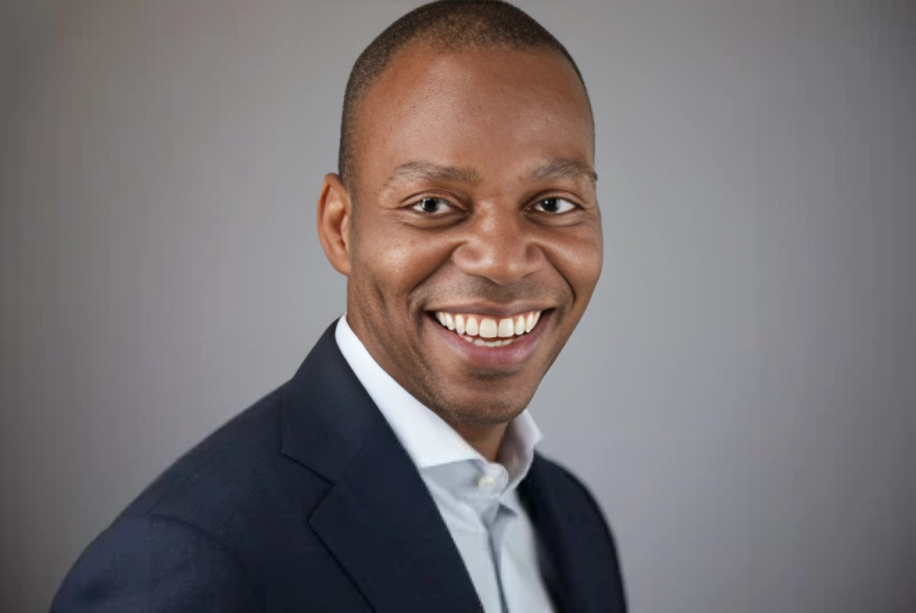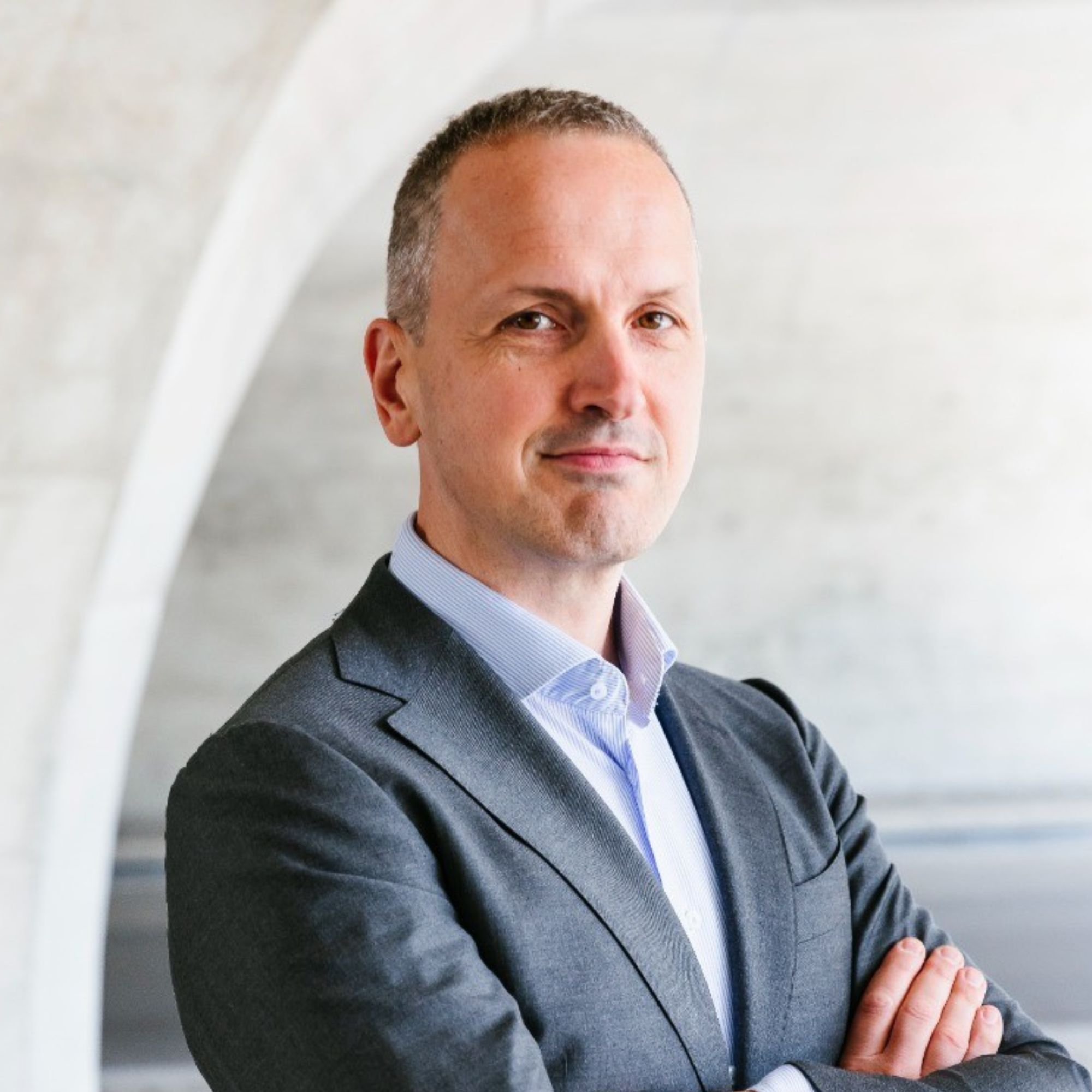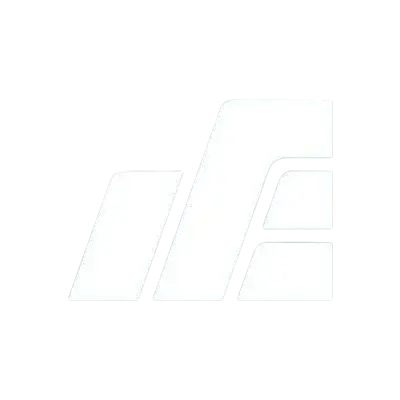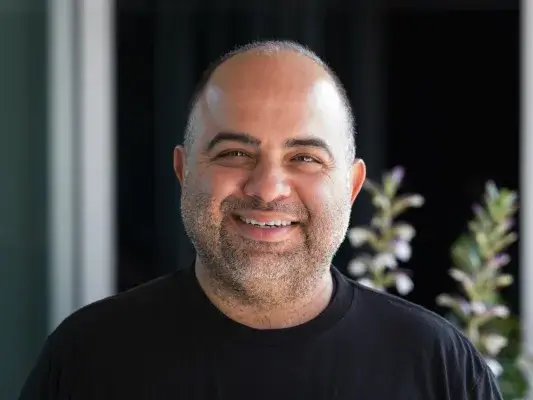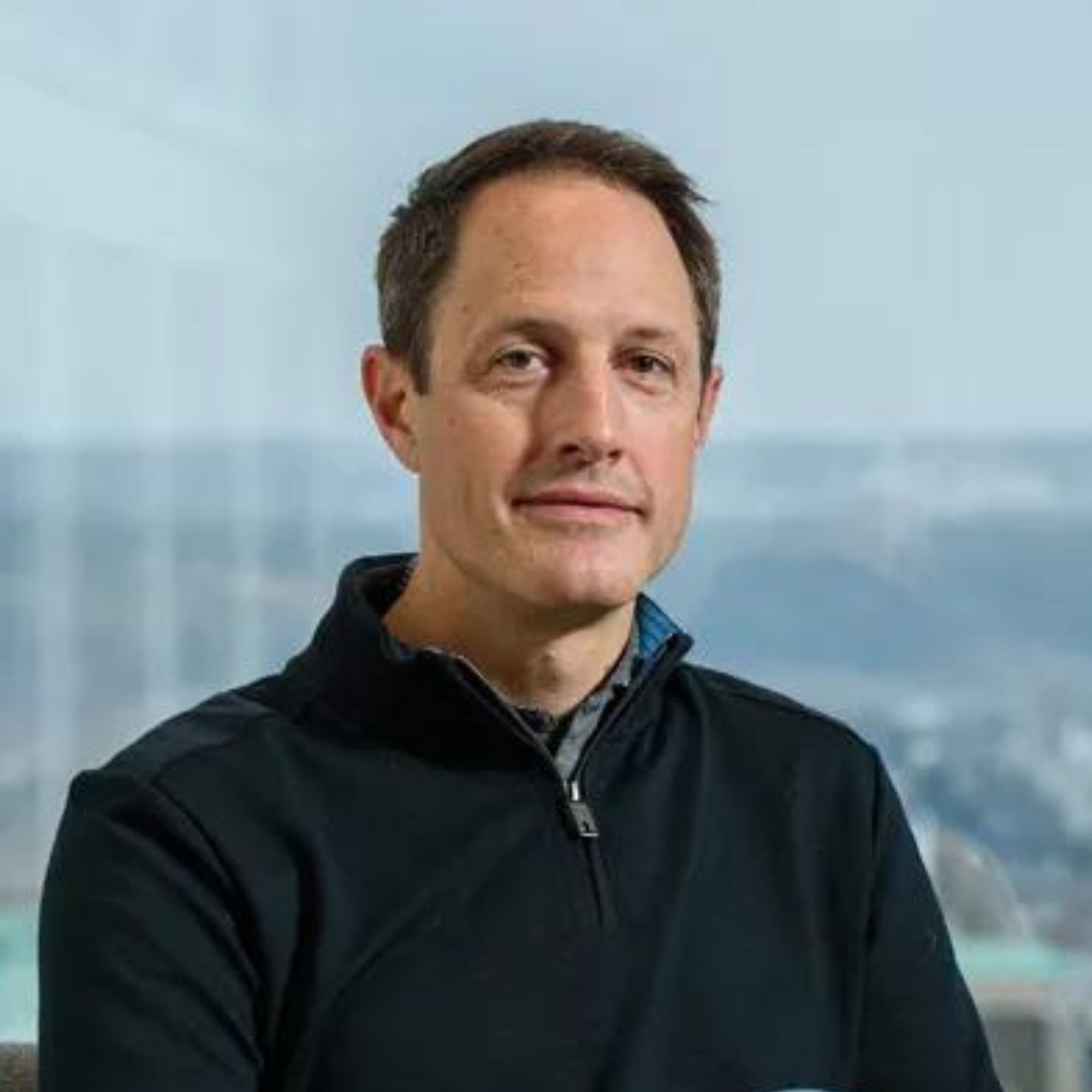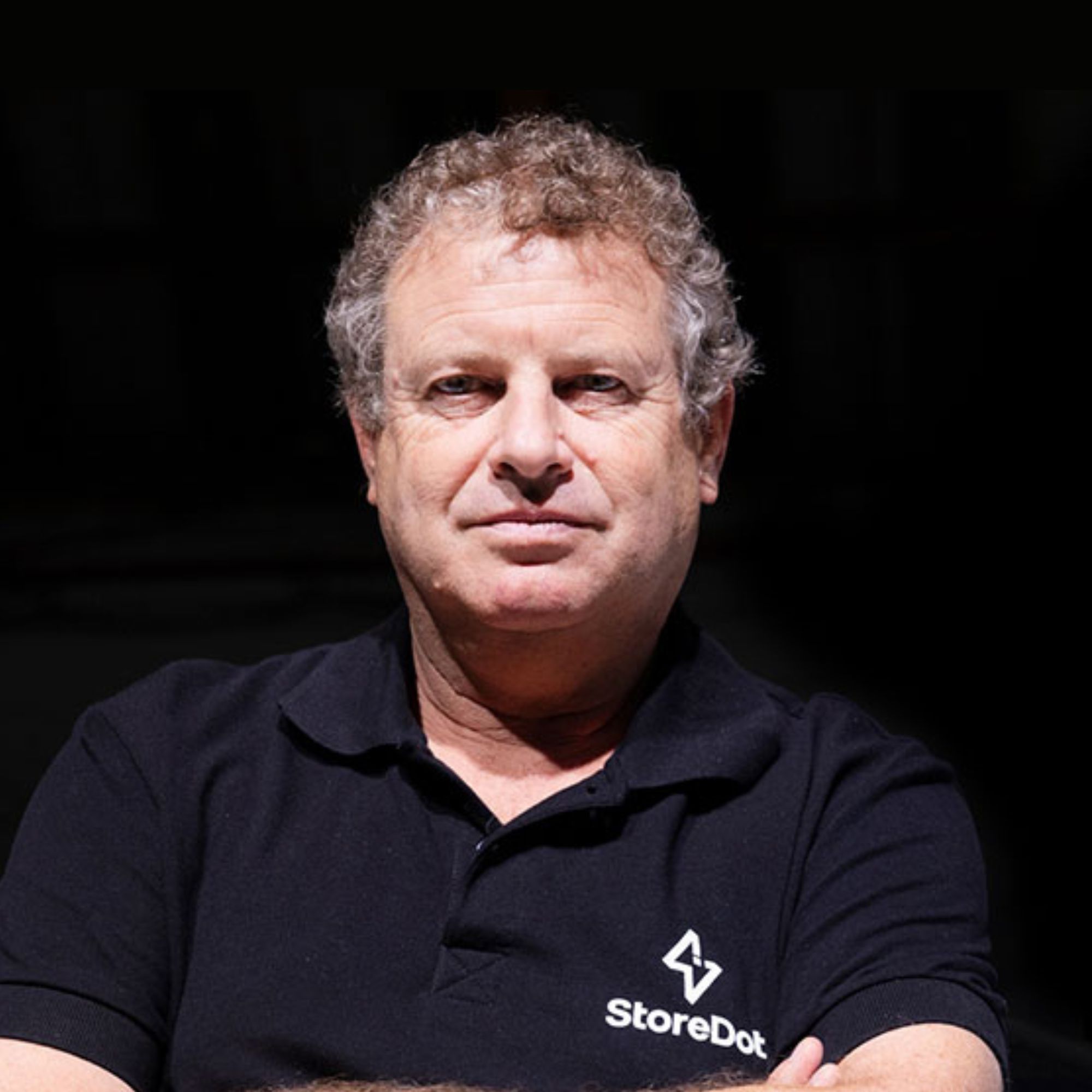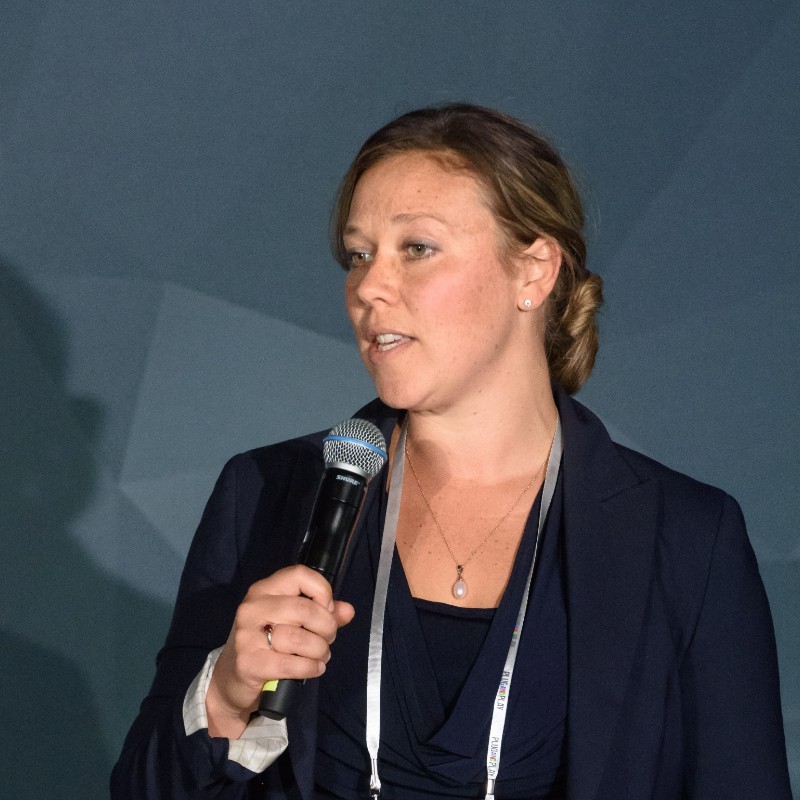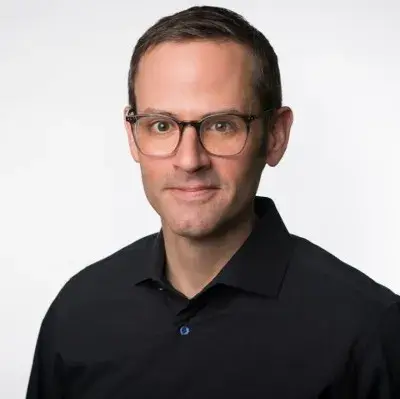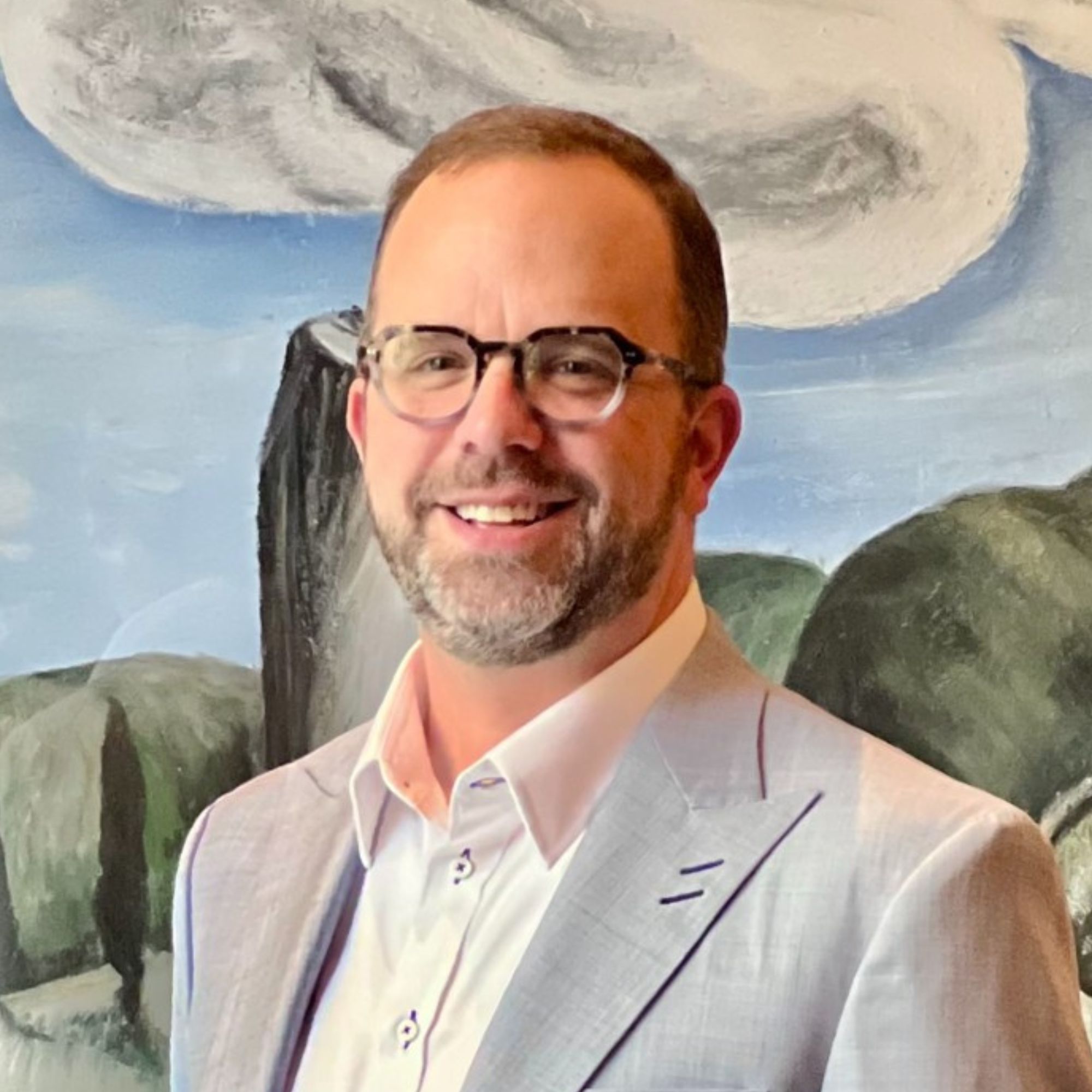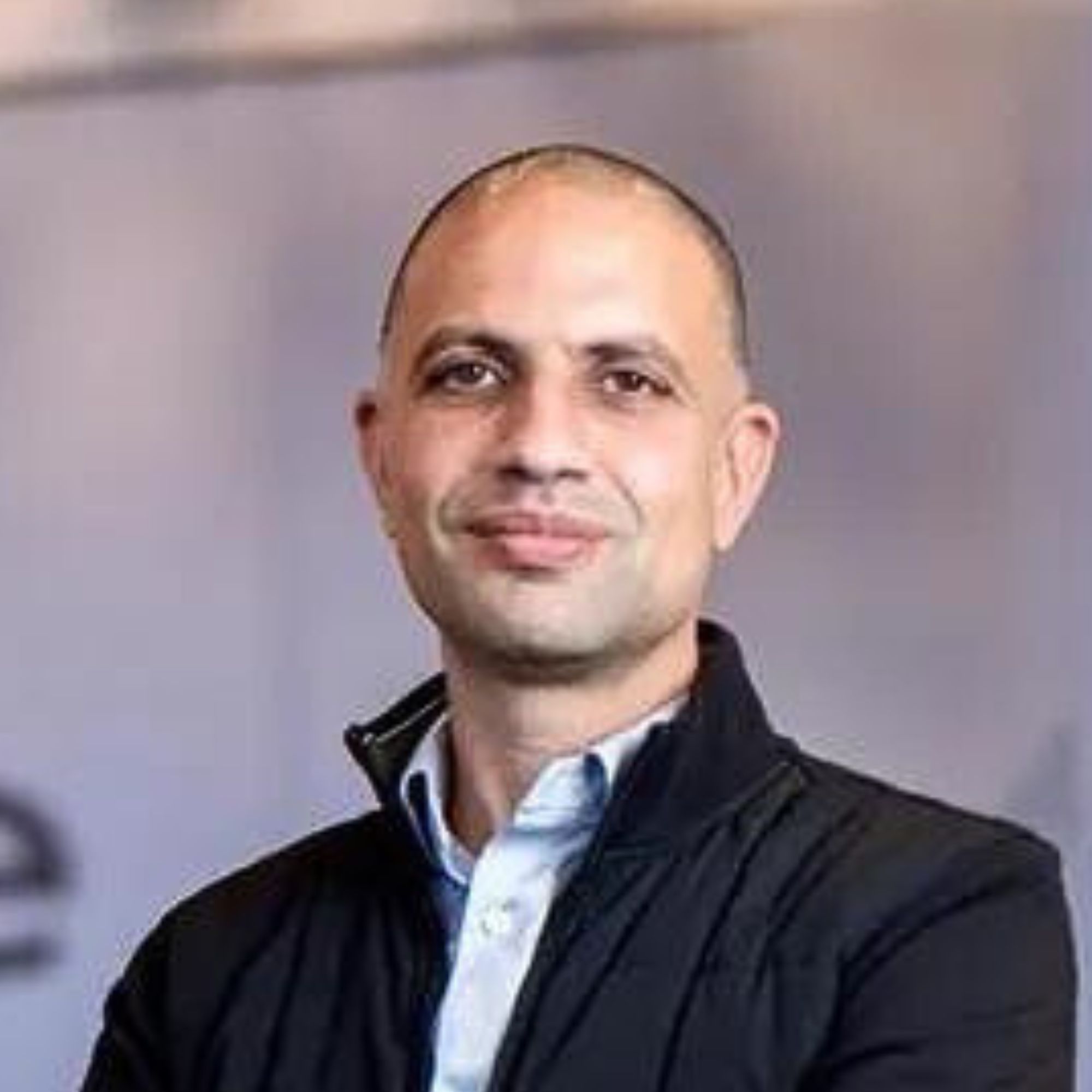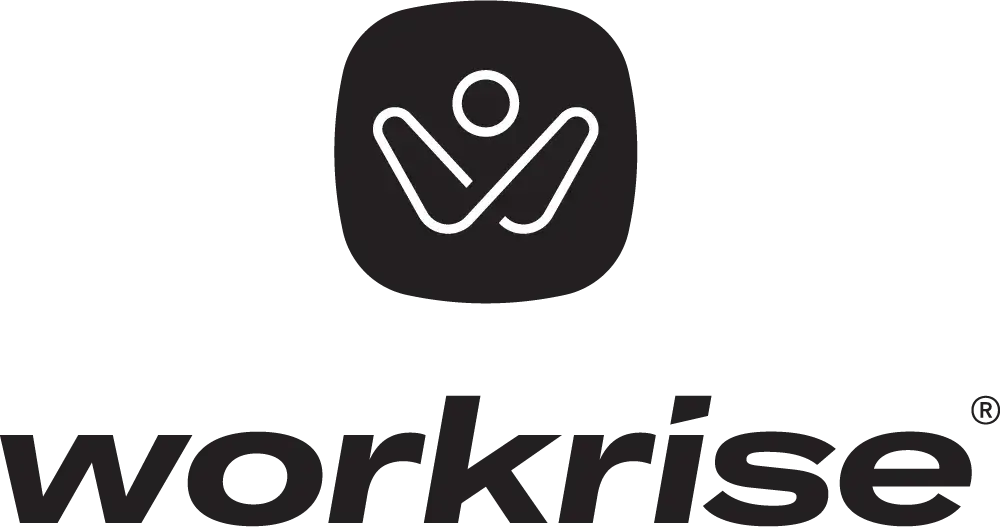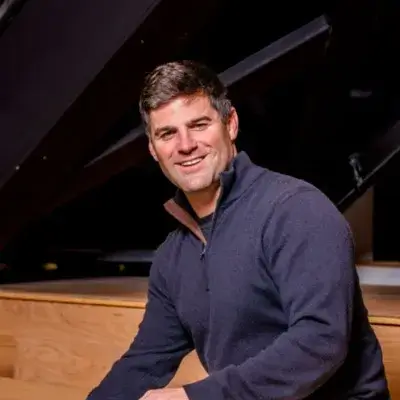Ready to launch your own podcast? Book a strategy call.
Frontlines.io | Where B2B Founders Talk GTM.
Strategic Communications Advisory For Visionary Founders
Conversation
Highlights
From Oil Wells to Battery Recycling: How Momentum is Revolutionizing Critical Metal Recovery
In the world of deep tech startups, the path from lab to market is rarely straight. For Preston Bryant, Co-Founder, Executive Chair, and Chief Commercial Officer of Momentum, it began with drilling oil wells and ended up transforming how we recycle batteries. In a recent episode of Category Visionaries, Preston shared how his materials science company has raised $20 million to commercialize a breakthrough recycling technology.
The Journey from Oil to Innovation
Preston’s story starts in the oil fields, following his father’s footsteps as a wildcatter. “My father was a wildcatter. He went out and drilled into places that had been unexplored,” Preston recalls. After his father’s passing, he started his own oil company and drilled several wells. But he soon recognized a fundamental problem with the business model.
“There’s a saying in oil and gas that you have to keep drilling to survive,” Preston explains. “The pie doesn’t get any bigger once you drill an oil well. And I just saw that as a very unsustainable future.”
This realization led him to explore alternative opportunities in critical metals. In 2014, he acquired a recycling technology license from the U.S. government – a process that could fit in the palm of your hand but had the potential to disrupt the entire metals supply chain.
Finding Product-Market Fit Through Iteration
The initial focus was on recycling rare earth magnets from electronics. But after four years of experimentation, including building machines to extract magnets from hard drives, the business model wasn’t scaling. They needed about 4 million identical hard drives to make it viable.
Instead of giving up, Momentum pivoted to battery recycling. The timing was perfect – the market needed a solution to process the growing wave of battery waste, but traditional recycling plants had significant drawbacks.
“When you’re looking out into the future and you’re saying, I have to build a $500 million plant that’s going to take several years to build, and then I have to have enough capacity to feed it, and it has to show up in the exact right ratio for me to make this thing economic… it starts to become a really daunting business model,” Preston explains.
Building Strategic Partnerships
The breakthrough came through a partnership with Cerbus Solutions, a company that collected and shredded batteries but needed a cost-effective way to process them. Momentum’s technology could build processing facilities at “1/10 or 1/20 the cost of Capex” compared to traditional methods.
This led to a three-way partnership: Cerbus Solutions handling collection and shredding, Momentum processing the metals, and 6K converting them into cathode material for new batteries. The partnership demonstrated the first complete domestic supply chain for battery recycling materials – a key factor in securing a $7.4 million government grant.
Evolving Leadership for Scale
As Momentum grew, Preston faced another challenge: transitioning from founder-CEO to Executive Chair and Chief Commercial Officer. “It requires different things of you, from being a startup founder to then being an actual manager of people to then being executive chairman,” he reflects. “You’ve got to be willing to change or you’ll quickly get swept aside.”
This transition allowed him to focus on commercial development while bringing in experienced leadership to scale the company. In late 2023, Momentum opened its first commercial demonstration plant in Dallas, Texas, and is now raising its Series B round.
Future Vision: Beyond Batteries
While battery recycling is the current focus, Momentum’s technology has broader applications. “Although we can recycle batteries, we can also do magnets, and hard metal waste,” Preston explains. “There’s a lot of different companies approaching us with different feedstocks.”
The ultimate vision? “The mass dream here is that we control the pipelines and the flow of these critical materials one day,” says Preston. “That we ultimately now have control over that supply and we can actually go make higher end value products ourselves.”
For deep tech founders, Momentum’s journey offers valuable lessons about persistence, pivot points, and the importance of building strategic partnerships. Sometimes the biggest opportunities aren’t in your initial target market – they’re discovered through iteration and staying responsive to market needs.
Actionable
Takeaways
Operate on shoestring budgets during hard tech development:
Preston emphasized the importance of being extremely selective with spending during the early stages. He noted, "You need to figure out how to make your dollar go further. You have to be very choosy about the projects and the feedstocks that you're willing to process." Early-stage founders should maintain strict financial discipline while validating their technology.
Find the right commercial application through iteration:
Momentum spent four years exploring different applications before finding product-market fit in battery recycling. Preston shared, "From 2016 to 2020...we tried automation, we tried many different supply partnerships, and none of them really worked out for magnet recycling. But boy, did it take off for the battery recycling piece." Founders should be prepared to pivot their technology to different applications until finding the right market opportunity.
Build strategic partnerships to demonstrate full value chain:
Momentum's partnership with Cerbus Solutions and 6K demonstrated a complete supply chain solution from collection to end product. Preston explained, "We decided okay, that would be a worthwhile, even though this was very custom to one sort of customer, it would show that we could do the whole supply chain." Deep tech founders should consider strategic partnerships that showcase their technology's role in the broader ecosystem.
Navigate the transition from technical founder to scaled leadership:
As the company grew, Preston transitioned from CEO to Executive Chair and CCO roles. He reflected, "It requires different things of you, from being a startup founder to then being an actual manager of people to then being executive chairman...You've got to be willing to change or you'll quickly get swept aside." Founders should prepare themselves mentally for evolving leadership roles as their companies scale.
Leverage accelerator programs for credibility:
Getting into Halliburton Labs during COVID helped attract investor attention. Preston noted, "That was great because they helped us not only build a product, but that name helped attract attention to us from investors." Deep tech founders should seek reputable accelerator programs that can provide both technical validation and investor credibility.





